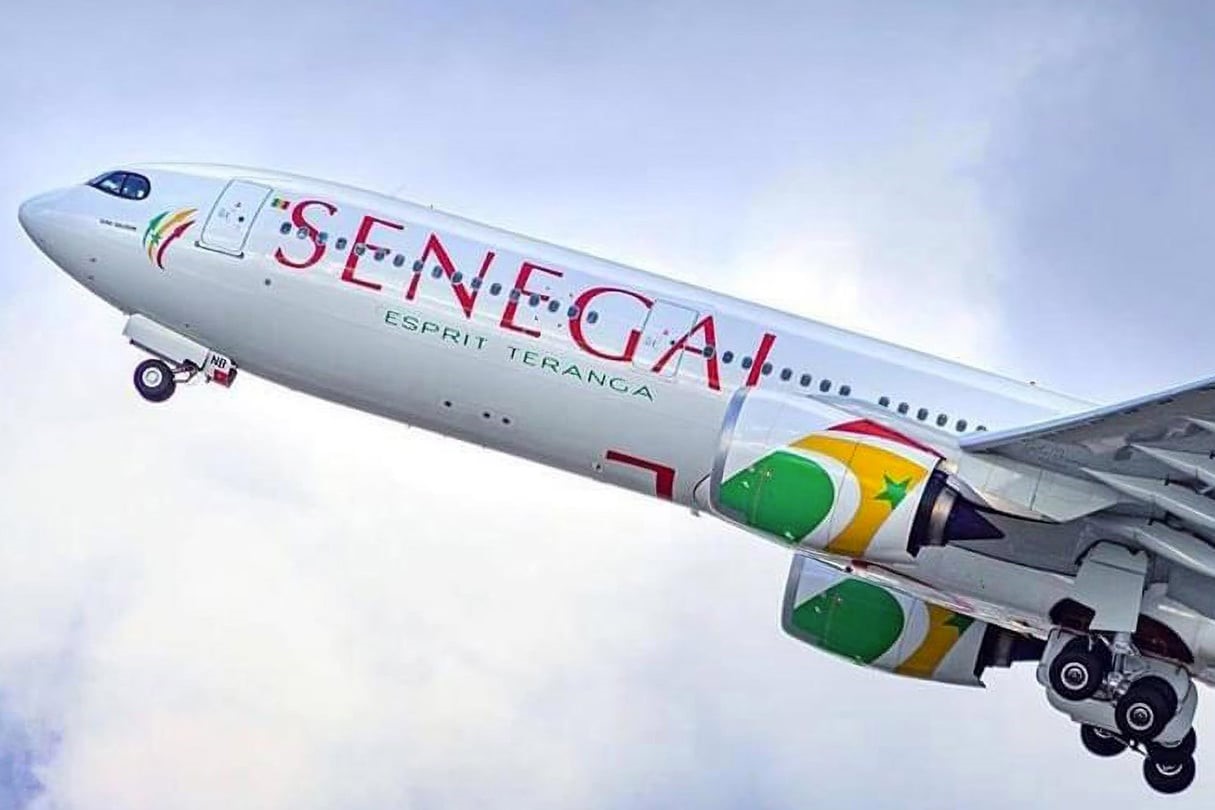
Air Senegal, launched in 2018 to revive the nation’s flagging aviation sector after the collapse of Senegal Airlines, is now exploring a strategic partnership with French carrier Corsair in a bid to overcome mounting financial and operational challenges.
Backed initially by strong government support, Air Senegal swiftly expanded its fleet and routes, connecting Dakar to key African and European capitals.
Yet six years on, the airline faces increasing debt, a shrinking fleet, and struggles to maintain consistent service on major routes—pressures that have prompted talks with Corsair in Paris on July 4, 2025.
Corsair, itself weakened by the fallout from the pandemic’s disruption to global air travel, sees the potential alliance as a way to reassert its presence in West Africa.
Air Senegal, meanwhile, is keen to stabilize without relinquishing strategic autonomy.
The core challenge: forging a partnership that enables resource sharing without one airline dominating the other.
Central to the discussions is cooperation in technical services, particularly aircraft maintenance and staff training. For Air Senegal, still developing its internal capacities, this collaboration offers cost savings and quality assurance.
Corsair’s established expertise in these areas could complement Air Senegal’s ambitions while granting Corsair access to vital African routes.
Beyond technical support, the two airlines are considering a commercial agreement involving code sharing and coordinated flights between Paris-Orly and Dakar.
By integrating their networks, they hope to enhance service efficiency, reducing the prevalence of half-empty planes. Such synergy could help Air Senegal strengthen its position against rivals like Air France and Royal Air Maroc, while Corsair seeks to regain a foothold in a market it exited years ago.
Industry expert Édouard Moctar Anyim cautions that success hinges on balance and transparency.
“Neither Corsair, weakened, nor Air Senegal, fragile, has any interest in subordination,” he notes.
“Dialogue must be built around common interests, respecting the identity of each structure.”
While this partnership alone won’t solve Air Senegal’s deep-rooted challenges, it could serve as a vital operational lever if responsibilities and goals are clearly defined.
In a rapidly evolving African aviation landscape, forging strong, equitable alliances may be the key to survival—and success.



